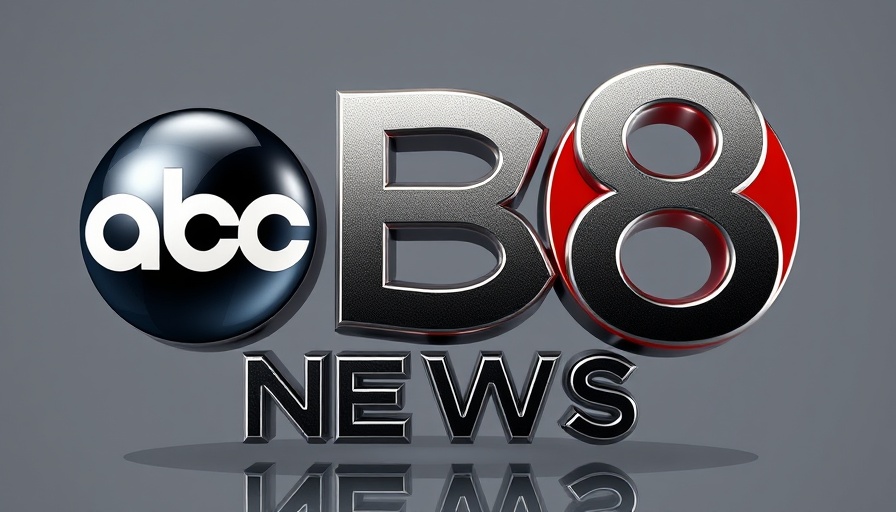
The Battle Over Copyright in AI: A Legal Perspective
The ongoing legal struggles between traditional media and technology firms highlight a pressing concern in today's digital landscape: the intersection between artificial intelligence and copyright law. A recent ruling by U.S. District Judge Sidney Stein allows The New York Times and other newspapers to pursue a lawsuit against OpenAI and Microsoft, asserting that their practices of utilizing journalistic content to train AI models infringe upon copyright protections. This case, which aims to protect the livelihoods of journalists and uphold the principles of fair use, is poised to set a significant precedent for how AI interacts with intellectual property.
Understanding the Stakes for Journalism
At the core of this lawsuit lies a critical issue for the future of journalism. The New York Times' counsel, Ian Crosby, articulated their position, noting that "these companies have stolen our work and violated our copyright in a way that fundamentally damages our business." By utilizing AI models to produce outputs that often mimic journalistic content, companies like OpenAI could ultimately undermine the revenue streams essential to news organizations, sparking broader discussions on digital ethics.
The Technology's Potential vs. Ethical Consequences
While OpenAI emphasizes its dedication to innovation and fair use, claiming to build its models from publicly available data, this scenario prompts a deeper examination of existing copyright regulations. With the rise of generative AI, the balance between leveraging data and respecting intellectual property rights becomes increasingly tenuous. These legal confrontations are essential as they may drive reforms that could define the future of content aggregation and AI development.
Community Reaction: A Mixed Bag
As this case progresses, various stakeholders, from media executives to tech enthusiasts, have expressed diverse opinions. Some argue that protecting journalistic integrity is paramount in an era dominated by misinformation, while others suggest that AI should enhance rather than compete with traditional journalism. Frank Pine, executive editor of MediaNews Group, praised the judge's ruling, affirming that even the dismissed claims do not undermine the core argument that substantial damages have occurred.
What This Means for the Future of AI and Media
The ramifications of this lawsuit extend beyond the immediate parties involved. They raise questions about how emerging technologies will coexist with existing structures of content creation and dissemination. If favored, the outcome could signal a shift in how AI companies aggregate information, potentially requiring new licensing agreements that recognize the contributions of original creators. For consumers, this could alter the landscape of content access and quality.
Moving Forward: What Stakeholders Should Consider
As the legal proceedings continue, all involved parties must navigate the delicate terrain between innovation and ethical responsibility. News organizations must advocate for their rights without stifling technological advancement, while AI companies should seek transparent partnerships that respect the work of journalists. With the balance of power at stake, the resolution of this case will likely influence broader legislative discussions around copyright in the digital age.
Join the Conversation!
Given the implications of this lawsuit, staying informed about AI in the copyright landscape is crucial. Readers interested in the intersection of media and technology should delve into these discussions further, attending forums or reading expert analyses to understand the evolving situation.
 Add Row
Add Row  Add
Add 




 Add Row
Add Row  Add
Add 

Write A Comment